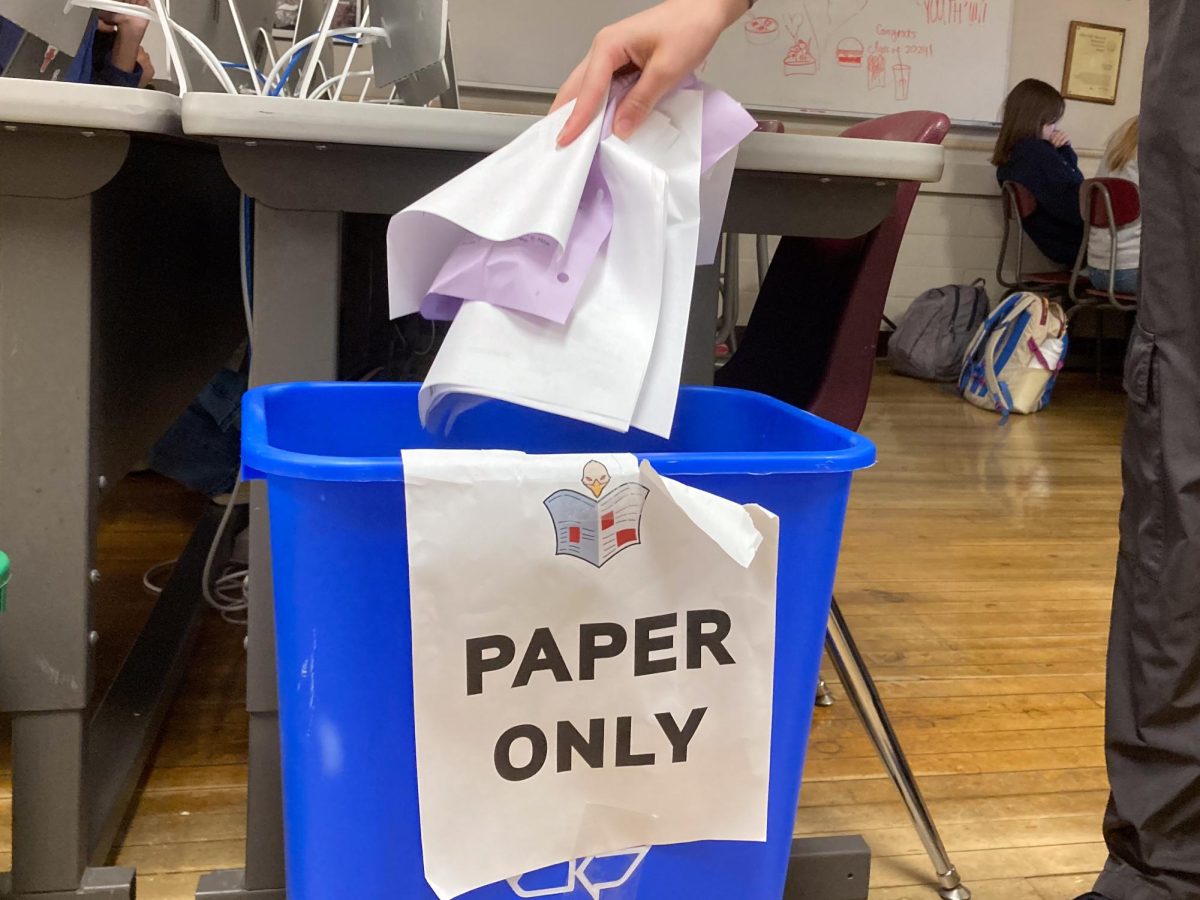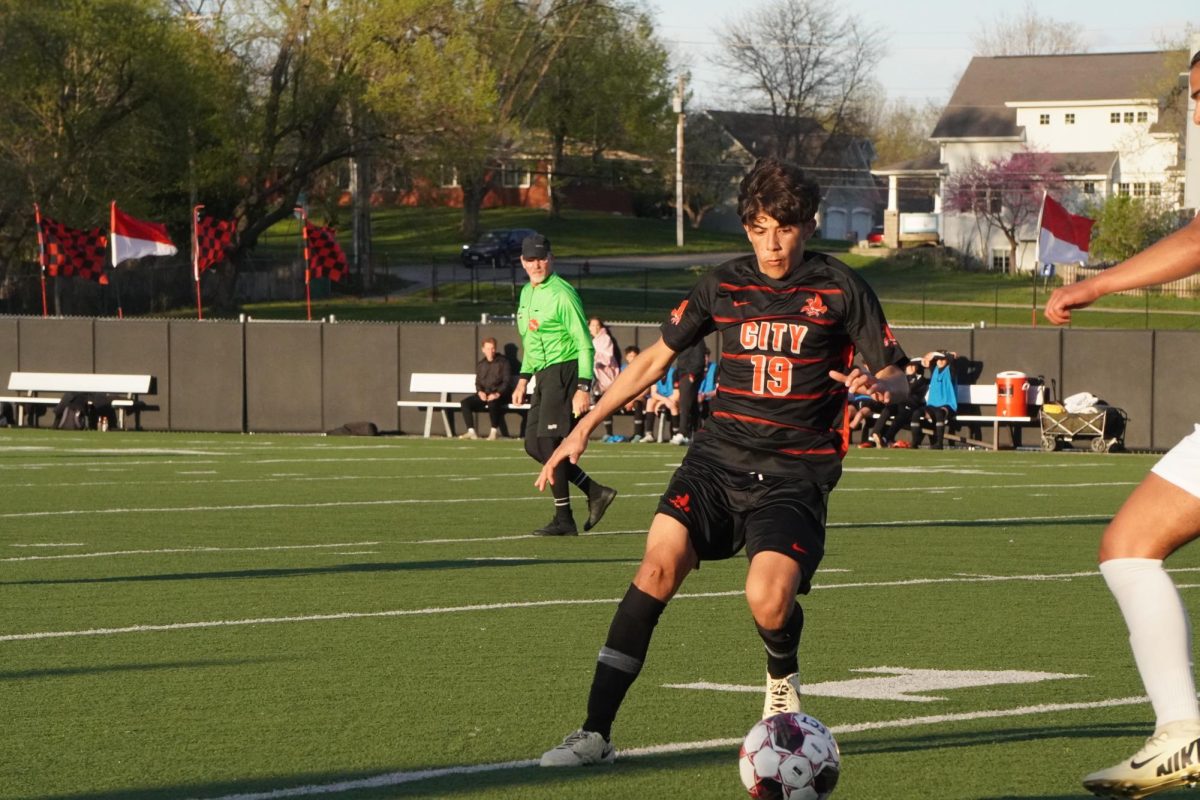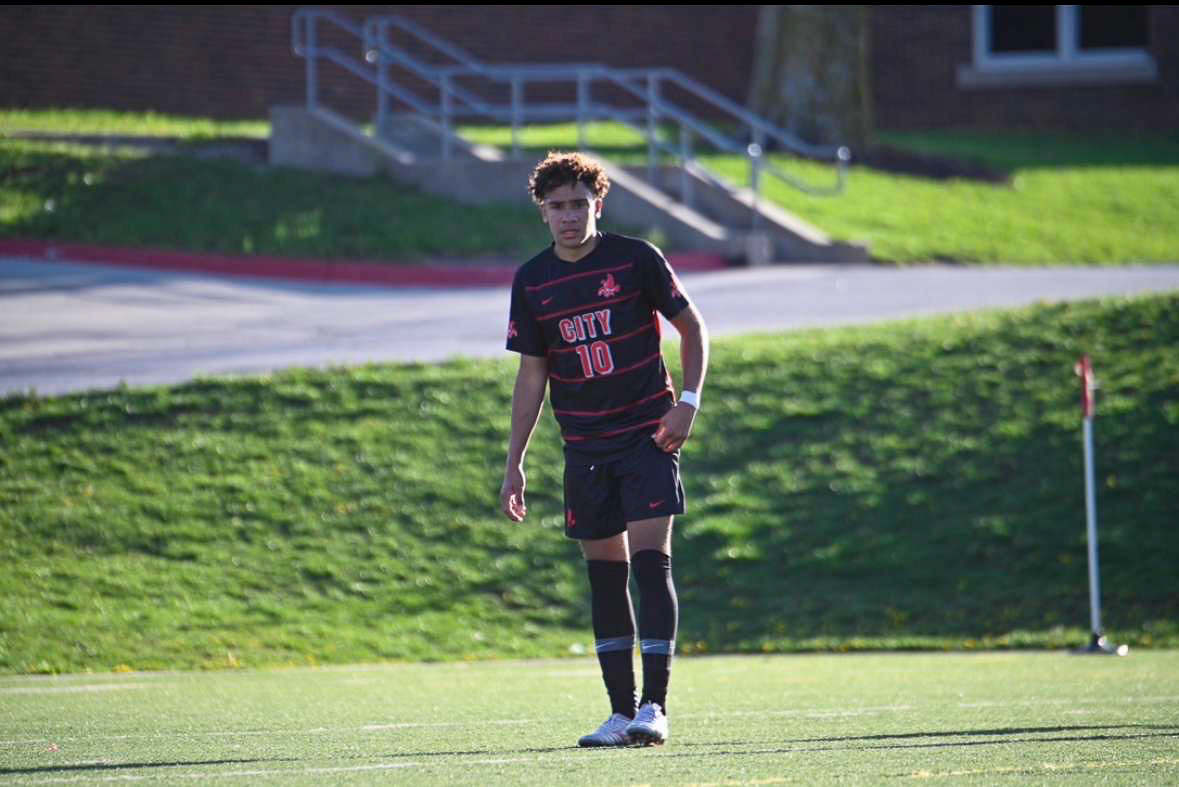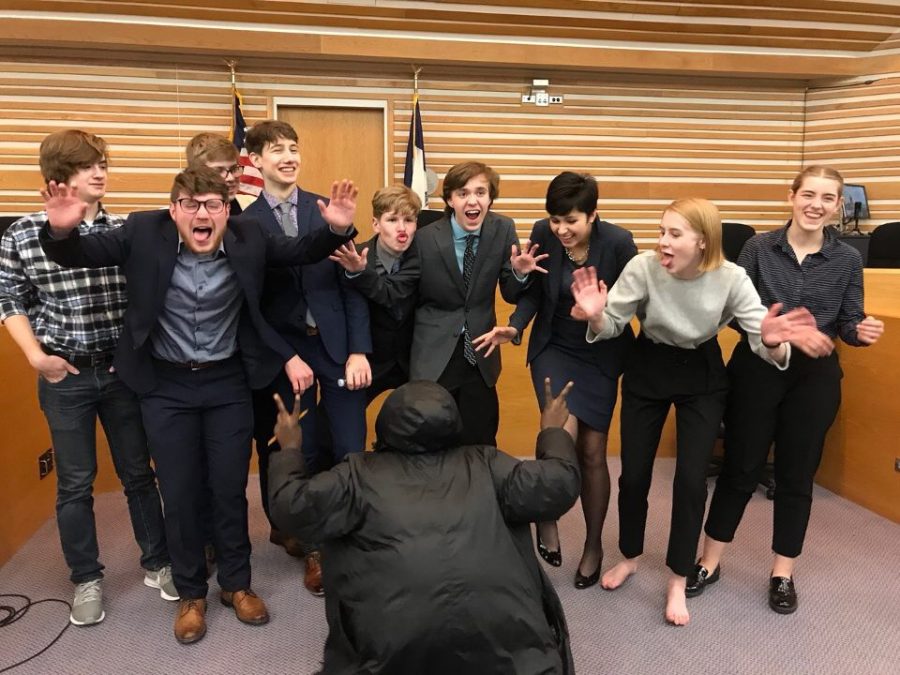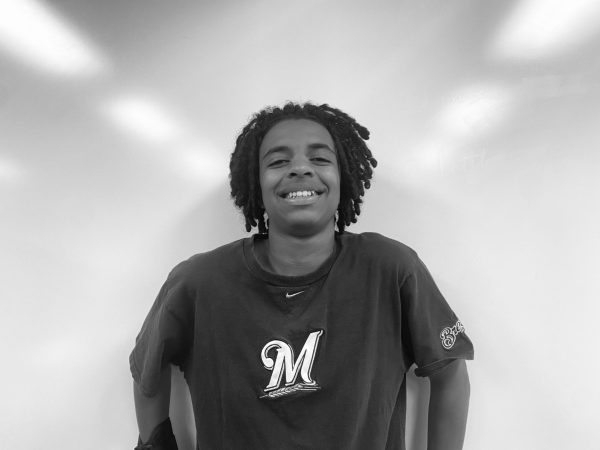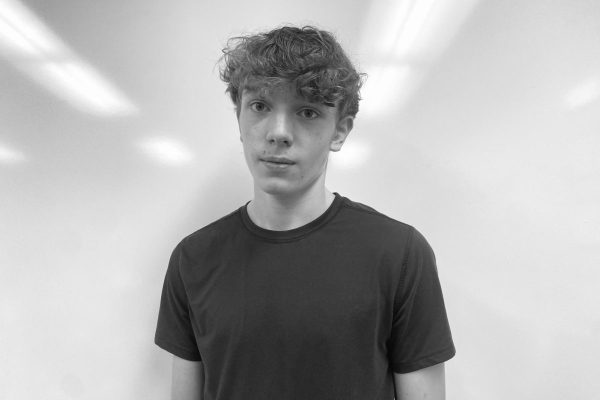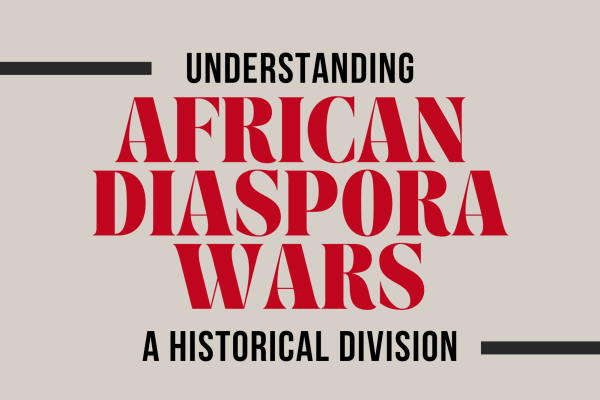The Many Strangenesses of Mock Trial
A love letter.
The author (third from right) with her Mock Trial team.
April 2, 2019
Anyone who has ever participated in Mock Trial knows that there are a few strangenesses common–and rather unique–to the activity. One might think of them as occupational hazards. For me, these quirks are what make Mock Trial–as an institution, as an activity, as a community–wonderful to participate in, and it breaks my heart that those unlucky individuals who don’t live, eat, and breathe Mock Trial are missing out. In this piece, I’ll try to give you a taste of a few of the little strangenesses that make Mock Trial worth the work and more.
1. No one is as they first appear.
Mock Trial’s participants are hard to define, and with good reason. Mock Trialers come from every social group and grade, and sometimes at the beginning it’s hard to understand why someone might have joined, based on a first impression. But if there’s one thing I’ve learned, it’s that everyone has something to give–something that might not be apparent upon meeting them in any other context. Maybe it’s an excellent voice for their witness, or an ability to pin someone on cross-examination. Maybe their handling of demonstratives is unparalleled. Maybe they can make a judge smile. The bottom line, though, is that no one comes into Mock Trial empty-handed.
2. Everyone becomes your friend.
All those different strengths combine in competition, and when you care so much about someone’s performance, it’s inevitable that you should care about them as a person as well. One might say that this happens in other kinds of activities too, but I don’t think it is to the same extent. Sports teams are always competitive with one another, and different people can have trouble working together, but in Mock Trial the role everyone has to play means that no one steps on each other’s toes, and that our season is not many different experiences, but one.
3. Your age suddenly changes in competition.
My whole team has 13-going-on-30 moments every time our opening attorney gets up to do pre-trial. Suddenly, everyone on the team is 30 years old. All the attorneys have graduated from law school. All the witnesses have lived long, rich lives. It’s odd, and tiring–like acting, but there’s pressure from the competition that make you genuinely believe that your life–or someone else’s–depends on your performance.
4. …And then changes back.
Even weirder than the sudden aging is when, at some point in a round, something funny happens–maybe your opposing counsel accidentally agrees with you on an objection, or someone trips while carrying a demonstrative, or the judge cracks a joke–and suddenly, everyone on both teams breaks. We’re all teenagers again. For a few brief moments, we are not two teams of high-powered attorneys and witnesses who have significant financial stakes and (depending on the witness) potential jail time depending on whether we win or lose. We are a dozen or so kids laughing together.

